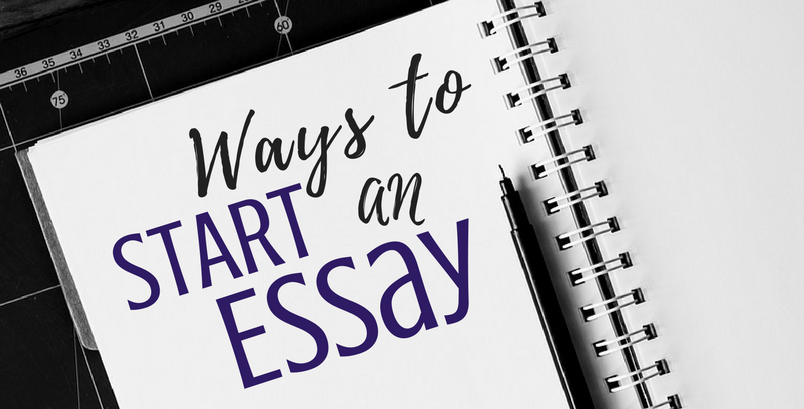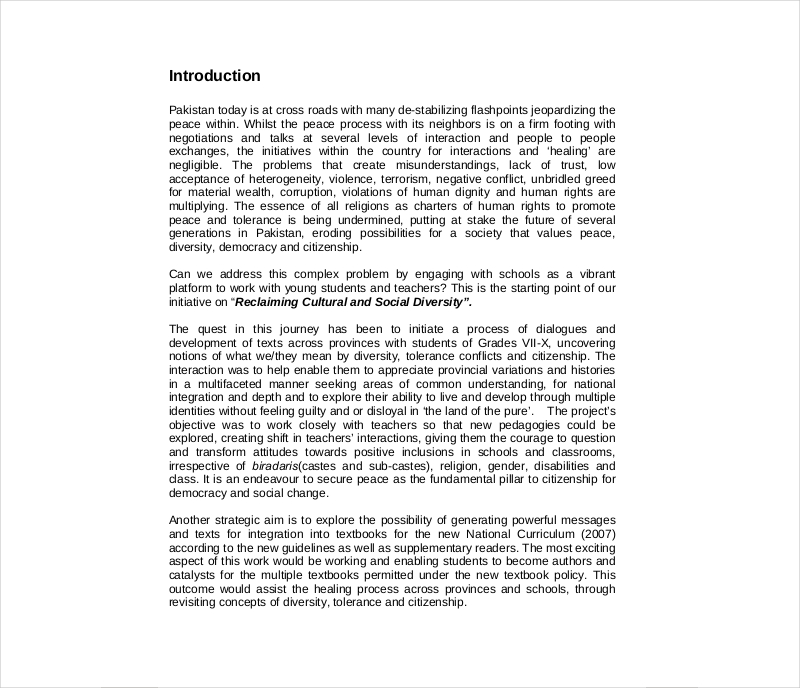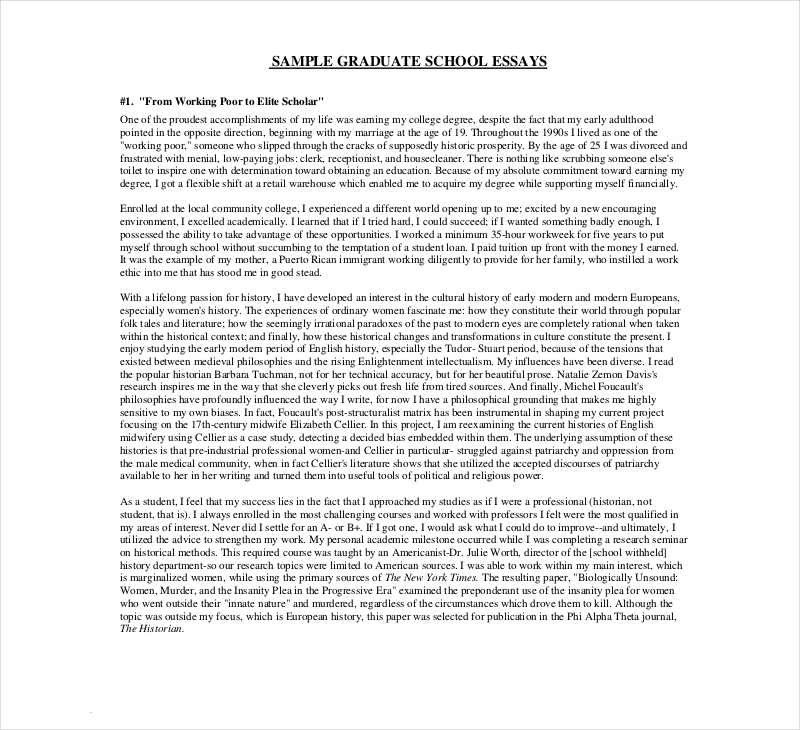Ways to Start an Essay Example [Edit & Download]
While every part of an essay is important, it is important to note that it is in the introduction where readers get to decide whether they should be reading the rest of your composition or not. If you start off your essay on the wrong foot, it is not you who will trip but your readers. You need to have a mindset that you do not have any other way of winning your reader’s interest but through your introduction. There is a vast number of ways to open your essay, but a few effective ones will suffice to get your readers hooked until the last word of your composition.

1. Give Cliches a Twist
Questions, sayings, quotes, and definition of terms might be the most common way to start an essay, but dumbing down these usual ways of starting an essay is the last thing you might want to do.
The reason why a cliche is formed is when an effective method gets to the point of being overused until it does not anymore look or sound original. People still begin their essays with a question because they know their target readers are also asking the same question. There are still who use sayings and quotes of popular figures because they are confident enough that their readers are familiar with it.
And defining terms are still used in introductions because most of the time, every writer’s goal is to inform their readers. You can still make use of these cliche methods by tweaking things here and there, combining two or three cliches in the introduction, or deconstructing the usual format of a particular cliche. For example, you can start an essay by both posing a thought-provoking question, then followed by defining a term.
Student Essay Example
2. Just KISS (Keep It Short and Simple)
Just keep your introduction short and simple.
Do not intimidate your readers with a long introduction. Leave all the long sentences to the body of your essay.
However, keeping it short does not mean you have to leave the readers with less information. In fact, a short and simple introduction is jam-packed with information since its main goal would be brevity. Keeping the thesis short and simple means that you kept the main idea direct to the point and the points have already been narrowed down.
This technique is mostly applicable for expository, persuasive, and analytical types of essays since these kinds of essays are laden down with facts and allowing your readers to deal with lengthy factual statements would just bore and wear them out.
College Essay Example
3. Start with Simple Hooks
Do not disappoint your readers by starting off with so much grandiosity at the beginning only to end up mediocre at the middle and the end part of the essay. It is totally all right not to start with large hooks.
Hooks are the first one or two sentences in the introduction that grabs the interest of the reader. We might have piqued their interest at the start of the essay but in writing the introductory part of an essay, we still need to give regard to the rest of the parts. Starting off big can also give your readers a lot of big expectations from your composition.
Sample Graduate School Essay
4. Get personal
As long as your personal experience is indeed related and connected to your topic, starting off your essay with your personal experience would be favorable. Aside from the fact that writing personal experiences are pretty easy to write, it is also a way of building connections and relations with your readers.
Short Geology Student Essay
This method is effective in narrative essays. If you find that your personal experiences are not relatable to the readers but is definitely related to your topic, make sure to narrate it in a way that a mental picture would appear in the minds of your readers. In this manner, your readers would find it easy to follow through and will soon find its important connection to the main topic.






